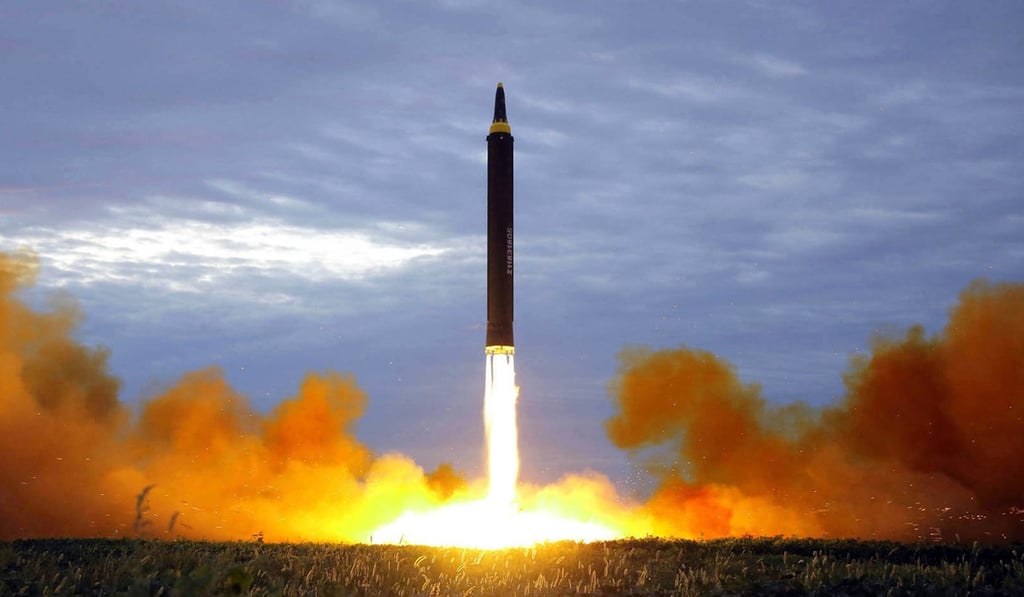Opinion | When Trump meets Kim, the sequel: same plot, same sticking points
- Edward Howell says that at the next summit, at the end of February, the most crucial issue remains agreeing on what ‘denuclearisation’ would encompass
- What is the US prepared to give up to win reciprocal measures from North Korea? And what role will China play?

Episode 2 of “Trump Meets Kim” looks set for February 27-28 in Hanoi, Vietnam. Statements from recent talks between high-level US and North Korean officials ahead of the meeting witnessed Kim Jong-un complimenting President Trump on his “positive way of thinking”. Rhetorical flourishes aside, whether the second Trump-Kim summit will be successful depends on what Washington is willing to give away to catalyse a response from North Korea, and what Pyongyang gives away in return. Yet Seoul and Beijing remain key actors, too.
The outcome of the Singapore summit paled in comparison to what was anticipated. Amid the optics of the event came a declaration that contained words Pyongyang has been using even before Kim Jong-un took power: “denuclearisation of the Korean peninsula”. Go back to the inter-Korean Joint Declaration of the Denuclearisation of the Korean peninsula in 1992, and we see the same phrase. When the term reappeared on June 12 2018, Pyongyang knew it could simply preach, but not practise, to “denuclearise”. In a KCNA commentary in December, Pyongyang clarified that denuclearisation meant “removing all elements of nuclear threats from the areas of both the north and the south of Korea and also from surrounding areas from where the Korean peninsula is targeted”. For Washington, it is still complete, verifiable, irreversible, dismantlement.
Trump confirms second meeting with Kim will be in Hanoi
For there to be progress in Vietnam, this definitional impasse must be overcome. Step one consists of North Korea’s full declaration of its nuclear arsenal, bases, facilities and fissile material – those known to us, and, crucially, those unknown – and history has seen that Pyongyang excels in dishonest declarations. A declaration is a big ask, but nuclear disarmament, if it commences, is going to be a long-term process by its very nature. Yet, the likelihood of this bold – let alone honest – move is low.
Meetings between US Special Representative for North Korea Stephen Biegun and officials from the two Koreas have been praised by the Swedish government as “constructive”, comprising discussions on “economic development and long-term engagement” among Washington, Seoul, and Pyongyang.

We must, however, avoid conflating the issues of engagement and denuclearisation. With engagement comes incentives to catalyse denuclearisation on the part of Pyongyang, of which two significant concessions would be the easing of economic sanctions, and the suspension of joint US-South Korean military exercises. A smaller possibility is the opening of liaison offices in Washington and Pyongyang. Yet, even if Trump and Kim agreed to this, the question remains whether it would lead to any concrete movement on denuclearisation.
